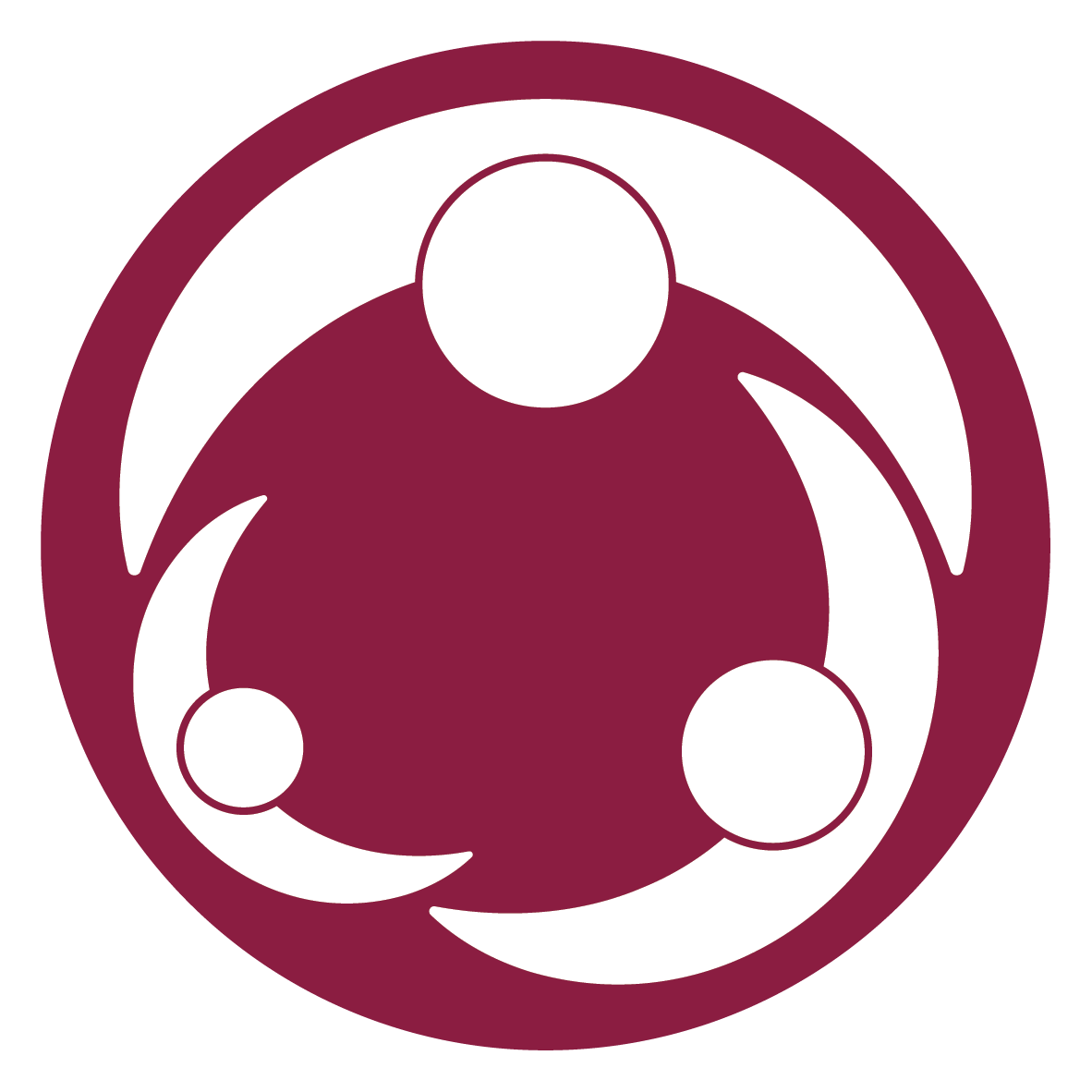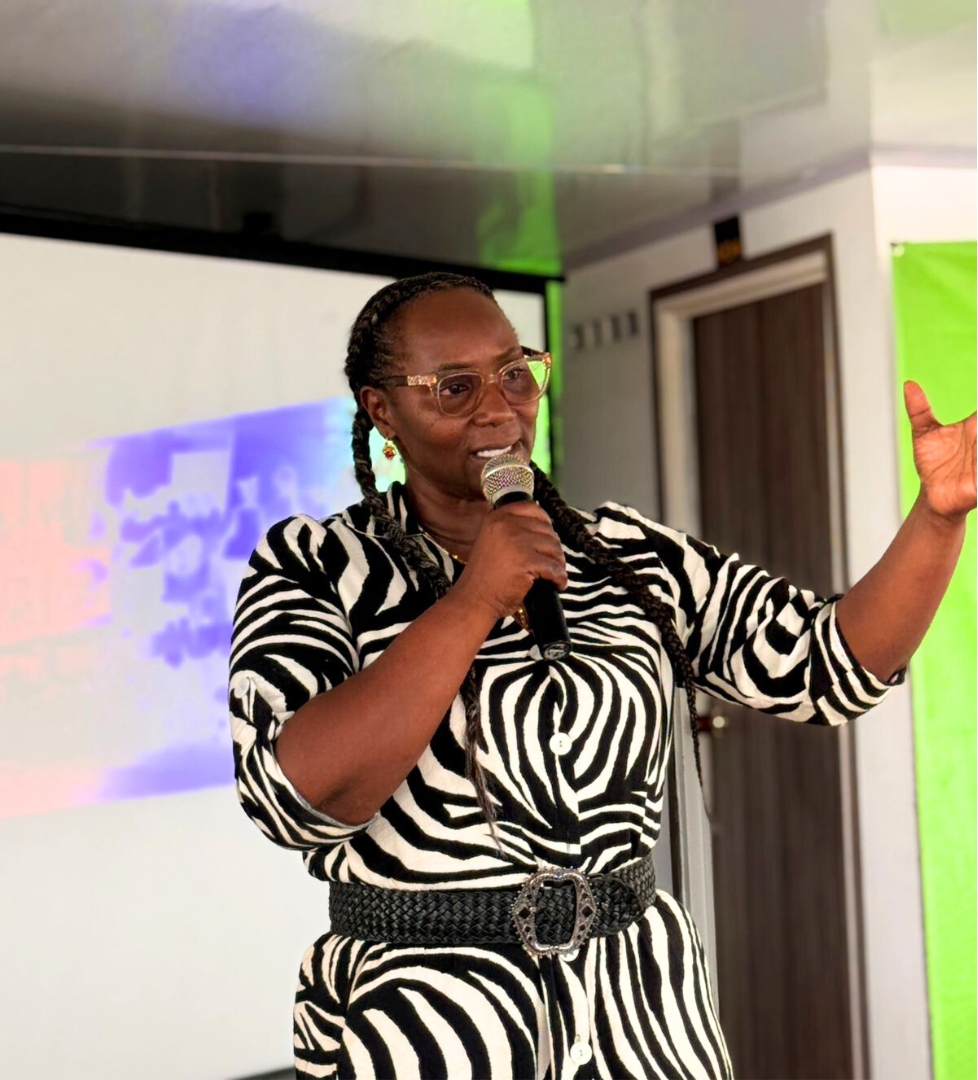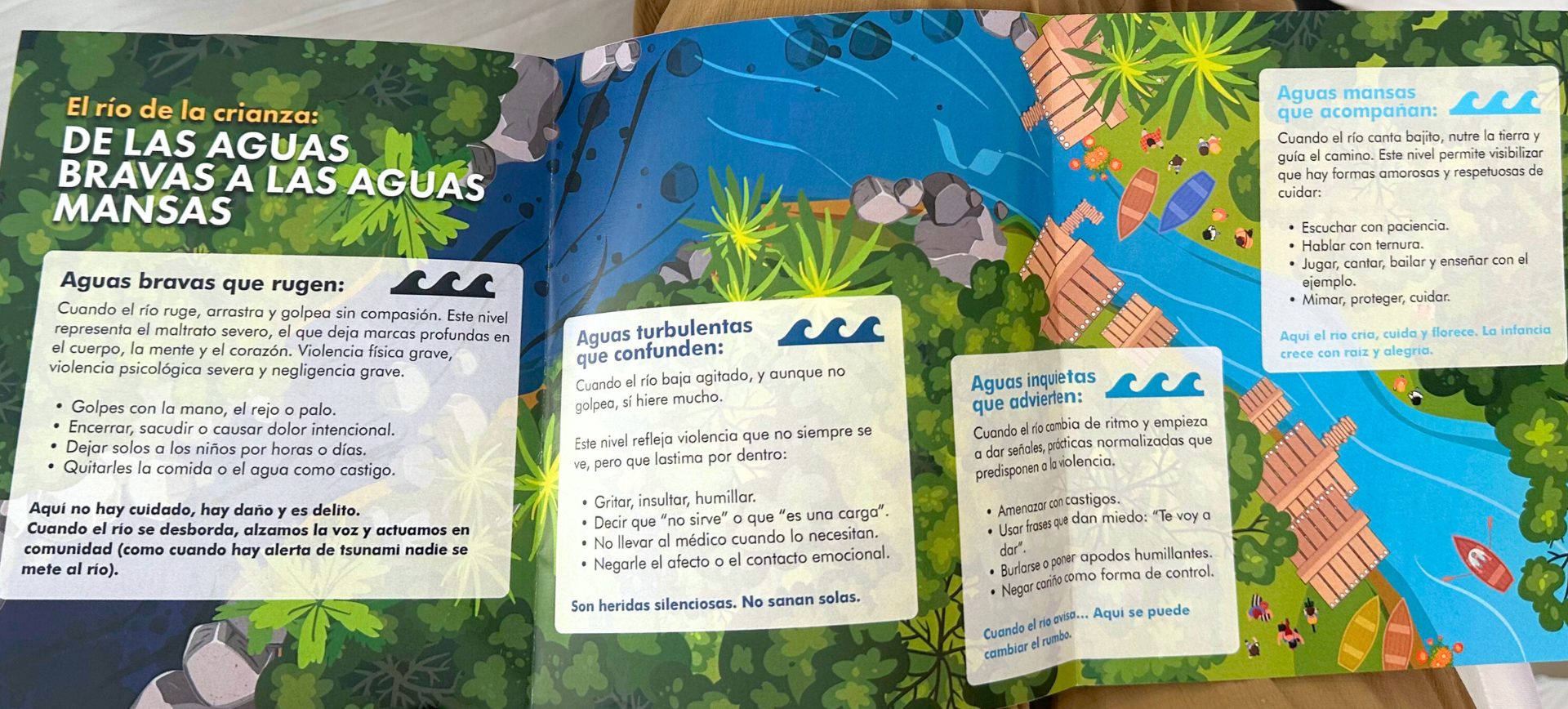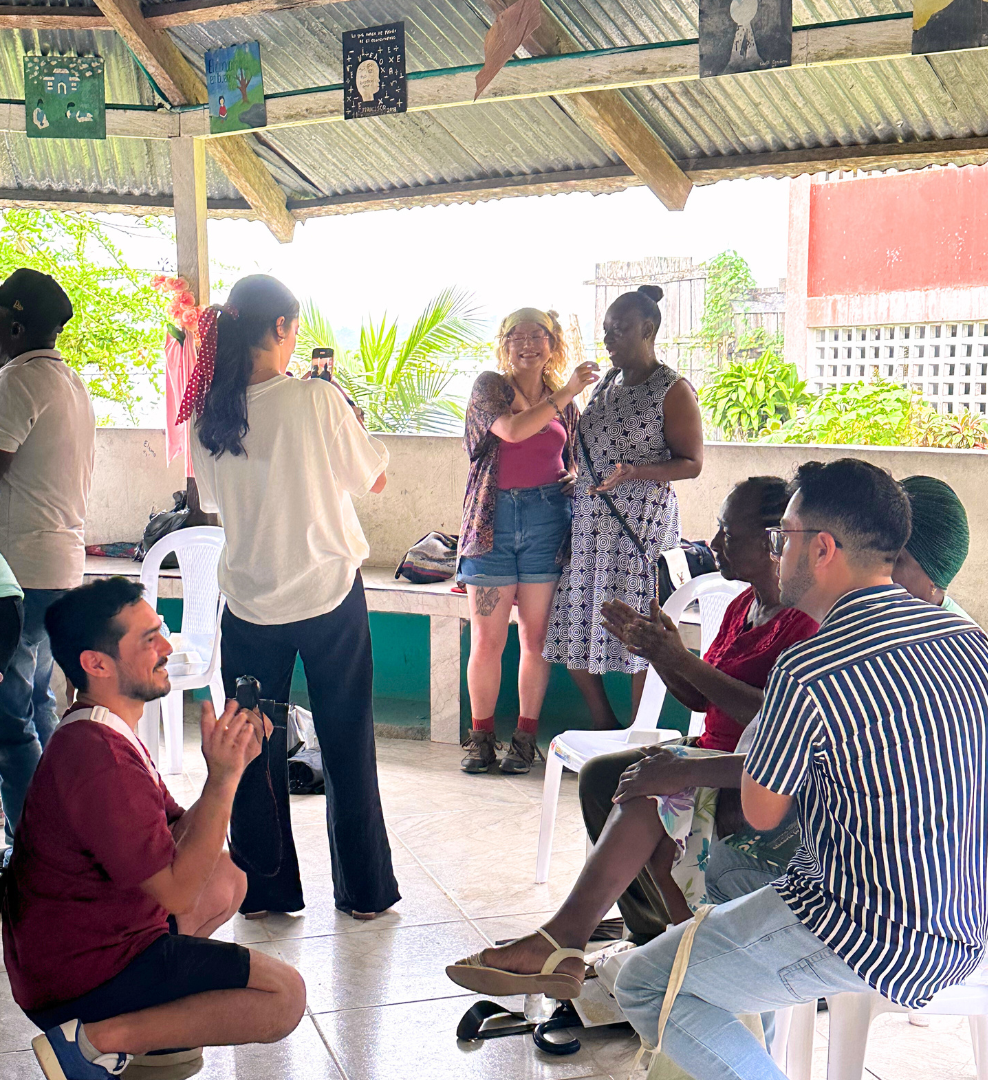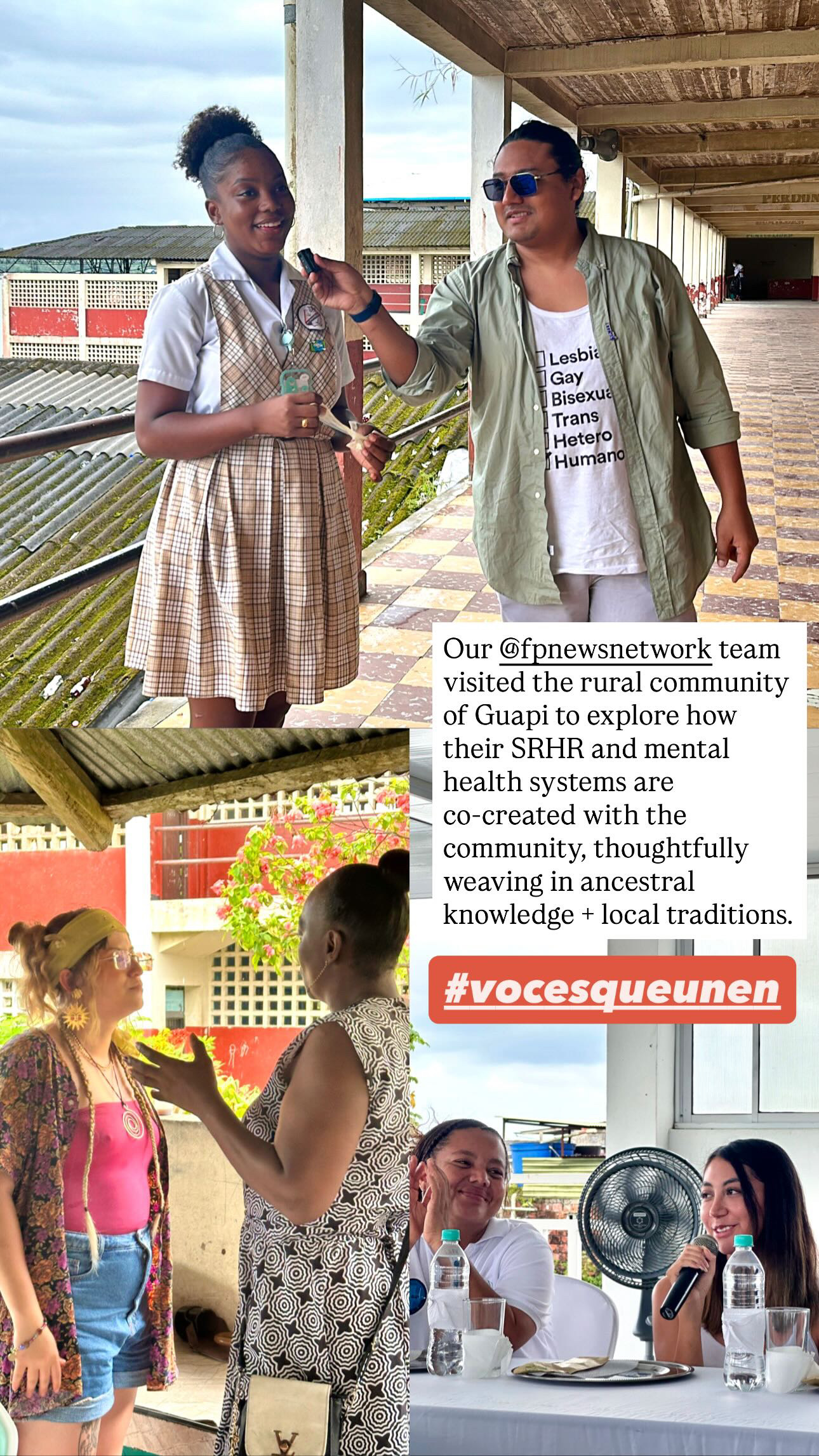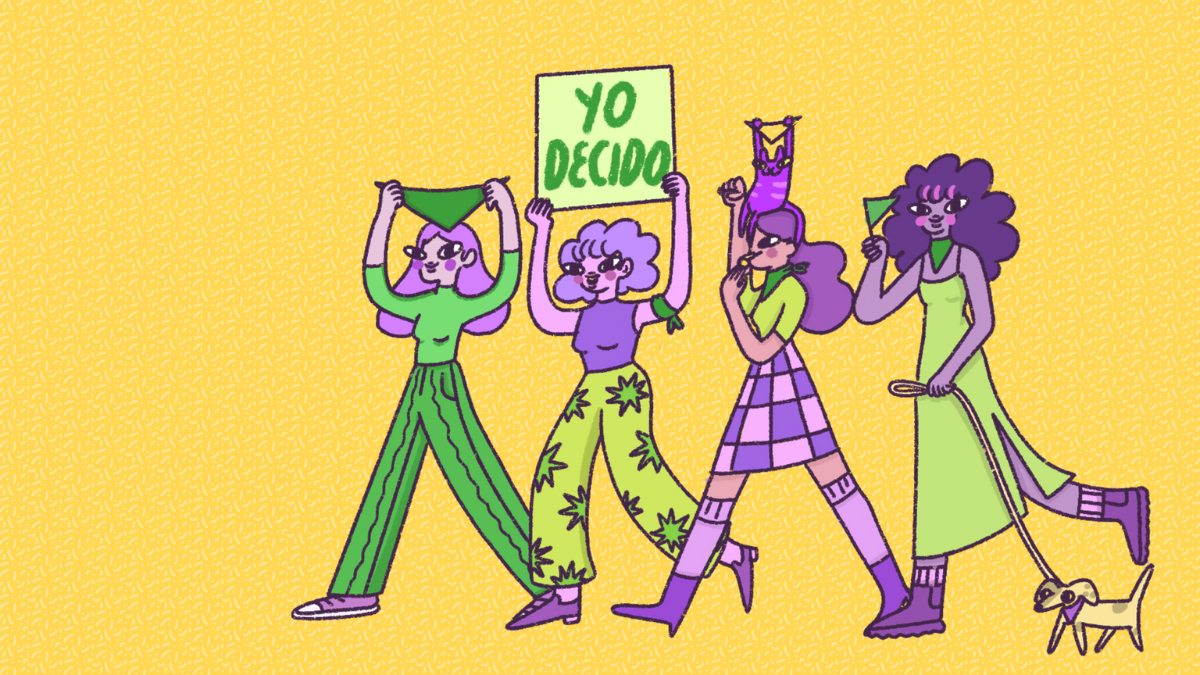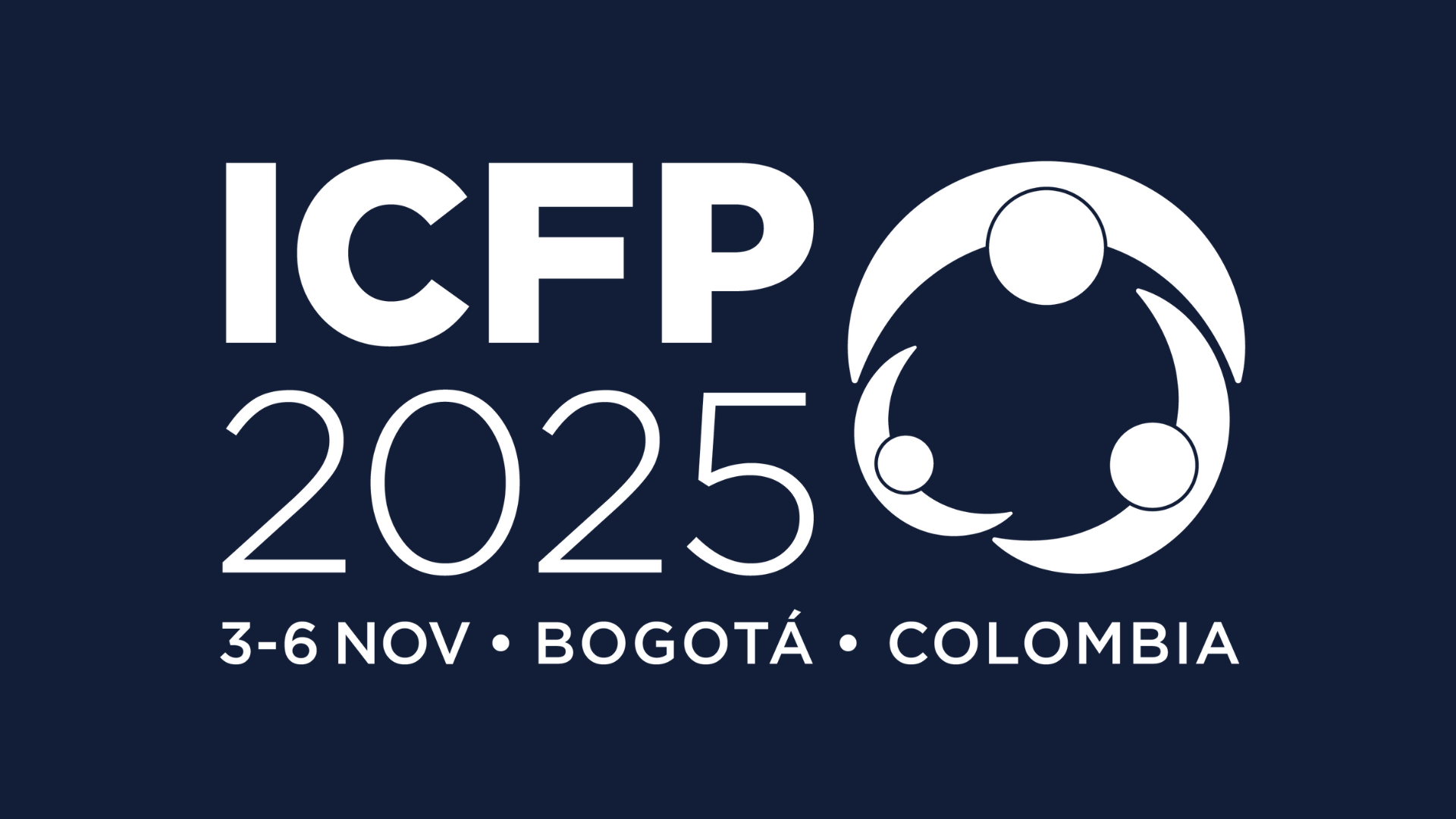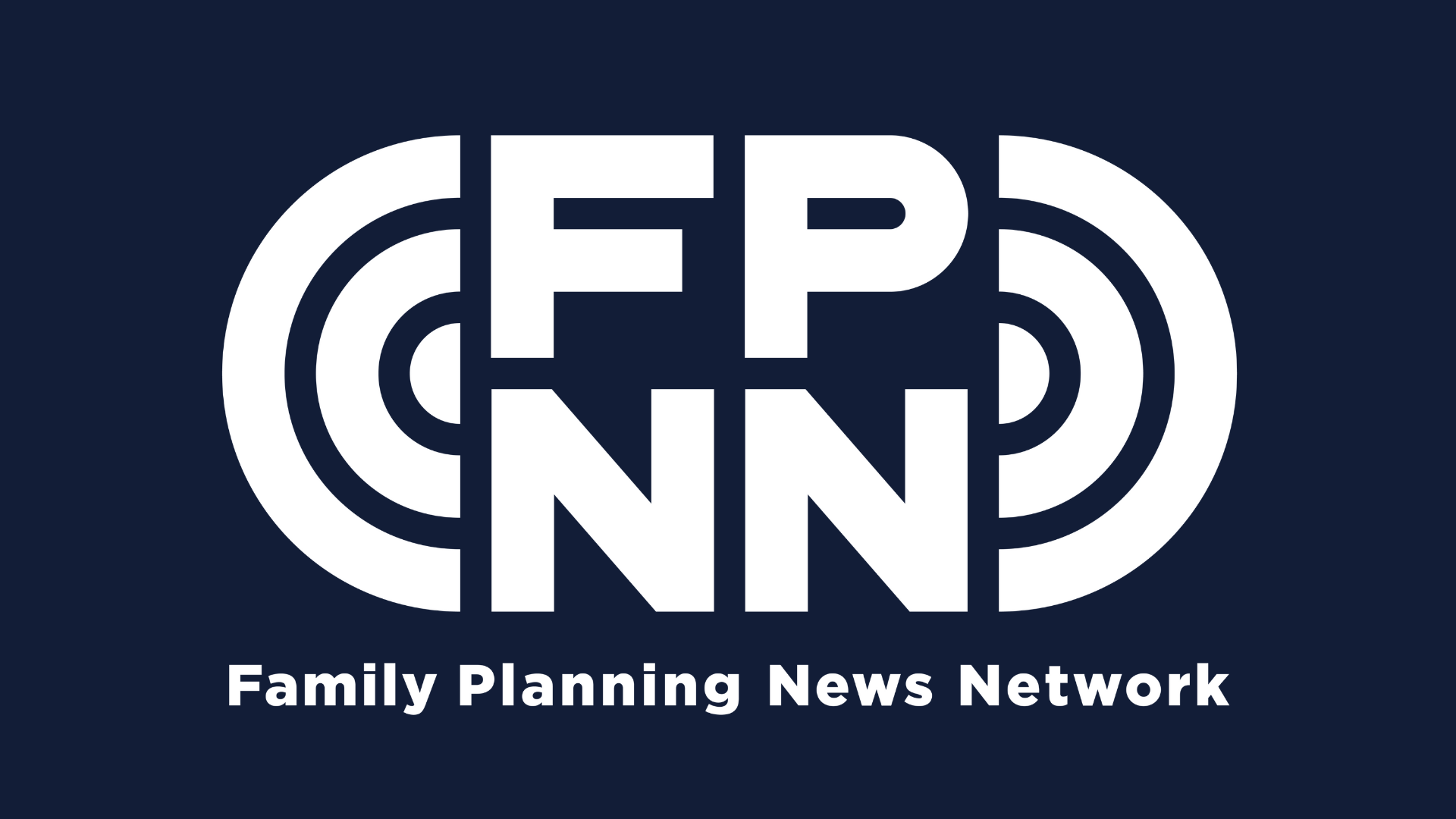Guapi,
Colombia
Guapi: Where Rivers, Rhythm, and Resilience Shape Sexual and Reproductive Health
An ICFP 2025 Blog From the FPNN Reporting Trip Across Colombia
Bogotá
“Bogotá Is Ready to Welcome the Global SRHR Community for ICFP 2025”
Cali
“In Cali, Cultural Knowledge and Community Partnerships Drive Health Equity”
Guapi
“Guapi: Where Rivers, Rhythm, and Resilience Shape Sexual and Reproductive Health”
Aracataca
“In Aracataca, Local Educators, Young People, and Families Lead SRHR Transformation”
Riohacha
“From Bicycles to Birthing Practices: How Riohacha Boldly Upholds Reproductive Health and Rights”
Guapi, Colombia — Nestled on the banks of the Guapi River along Colombia’s Pacific coast, the town of Guapi is home to a vibrant, proud Afro-descendant community where ancestral knowledge, music, and resilience flow as naturally as the river that defines it.
Our Family Planning News Network (FPNN) reporting trip across Colombia brought us to Guapi, arriving by small plane over lush mangroves and jungle before descending into the small town. From the moment we arrived, it was clear that culture, community, and health are deeply intertwined here. Marimba music and the sounds of daily life—fishing, mining, and artisanal trade—filled the air. The pride the people of Guapi take in their identity and in supporting each other’s health and rights was palpable.
Hear powerful voices from Guapi below! ⬇⬇⬇
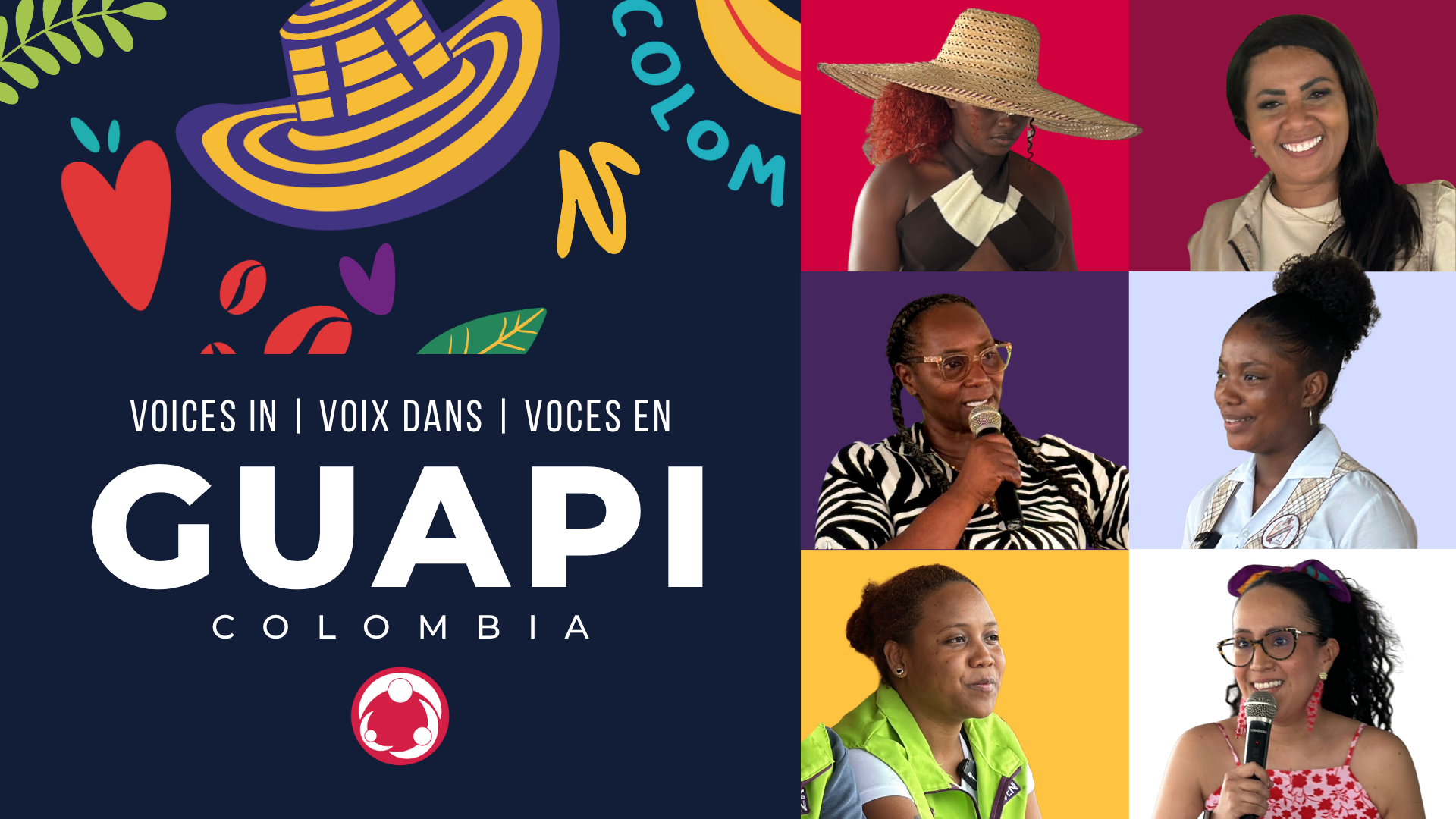
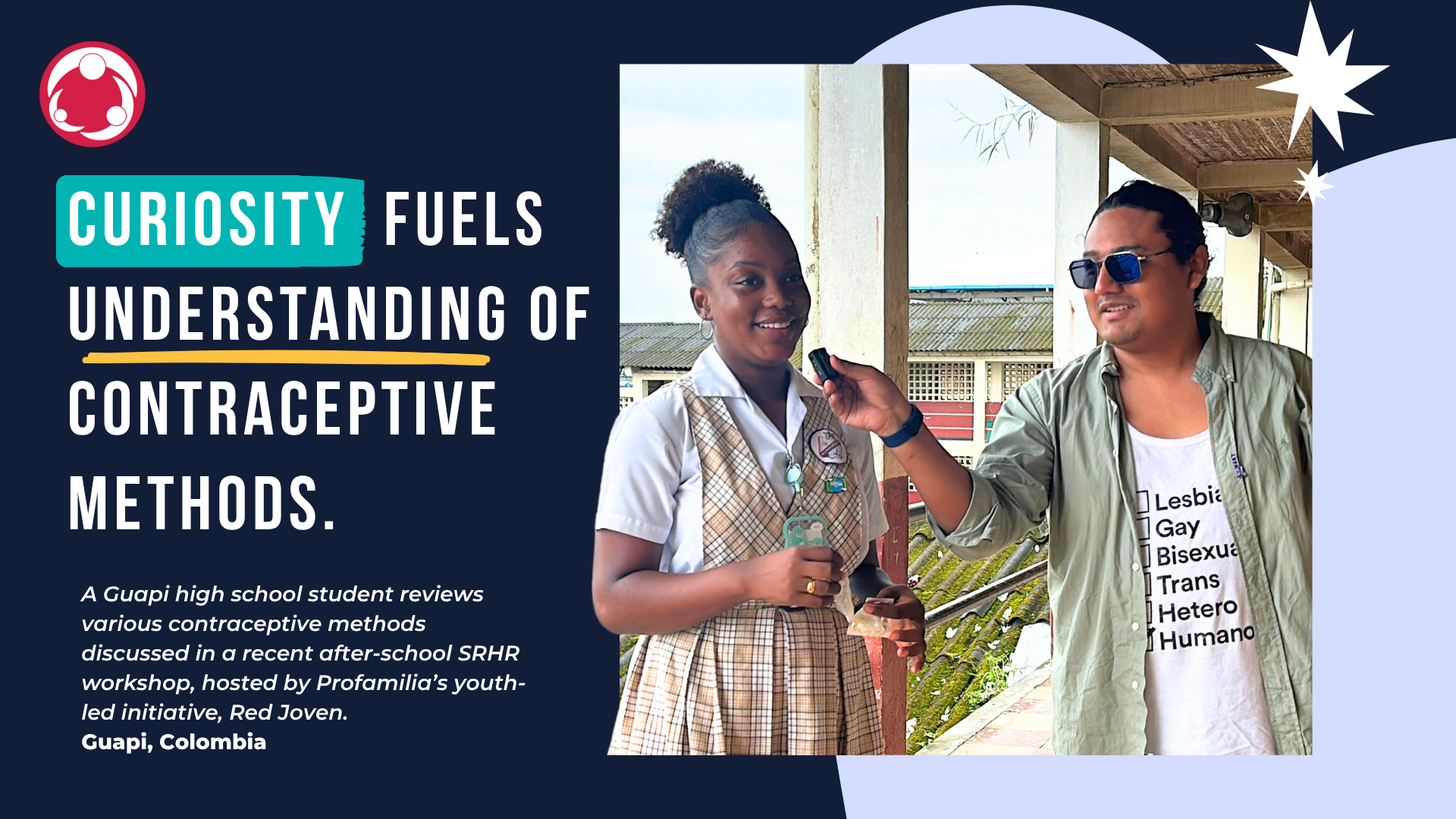
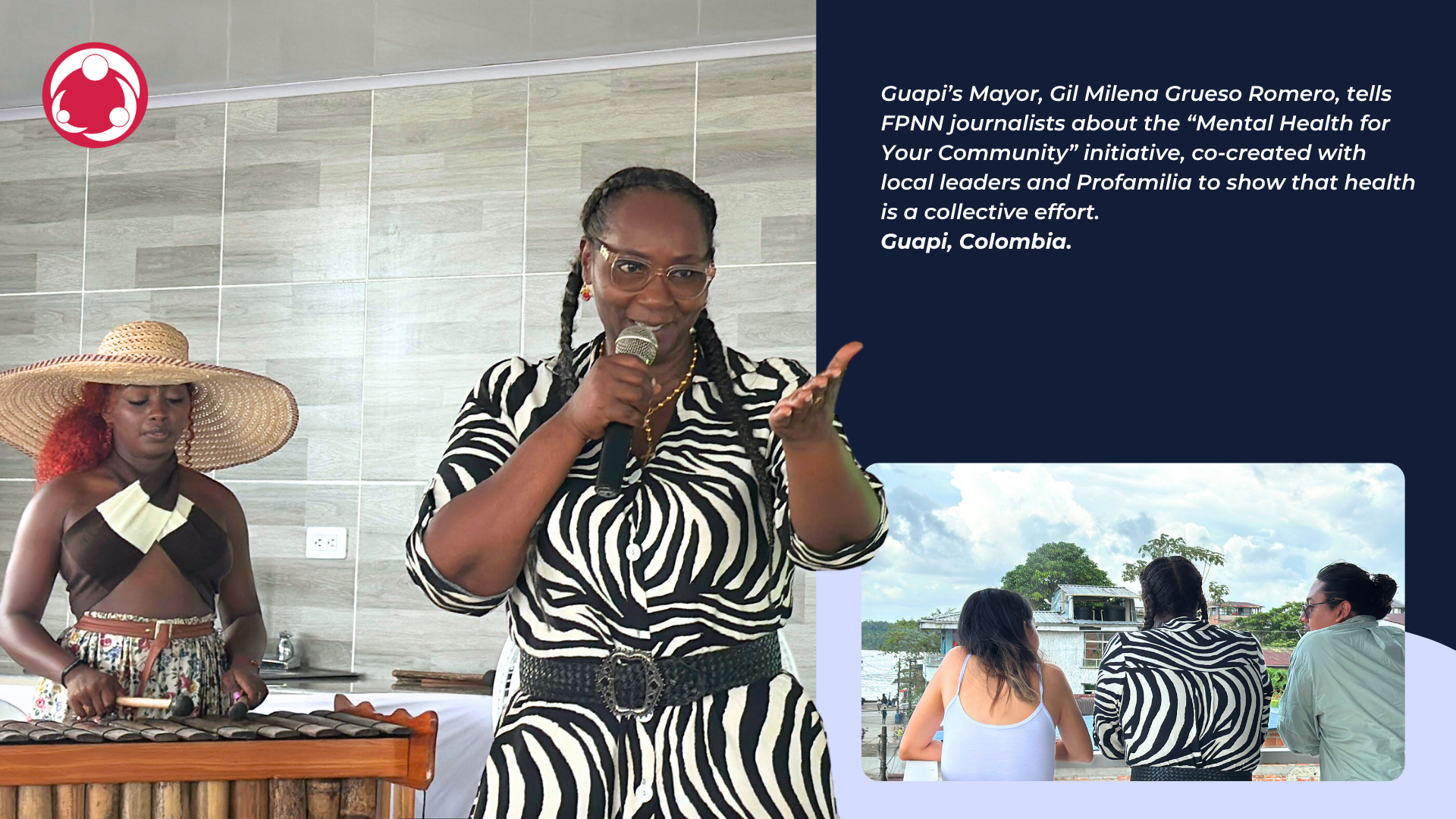





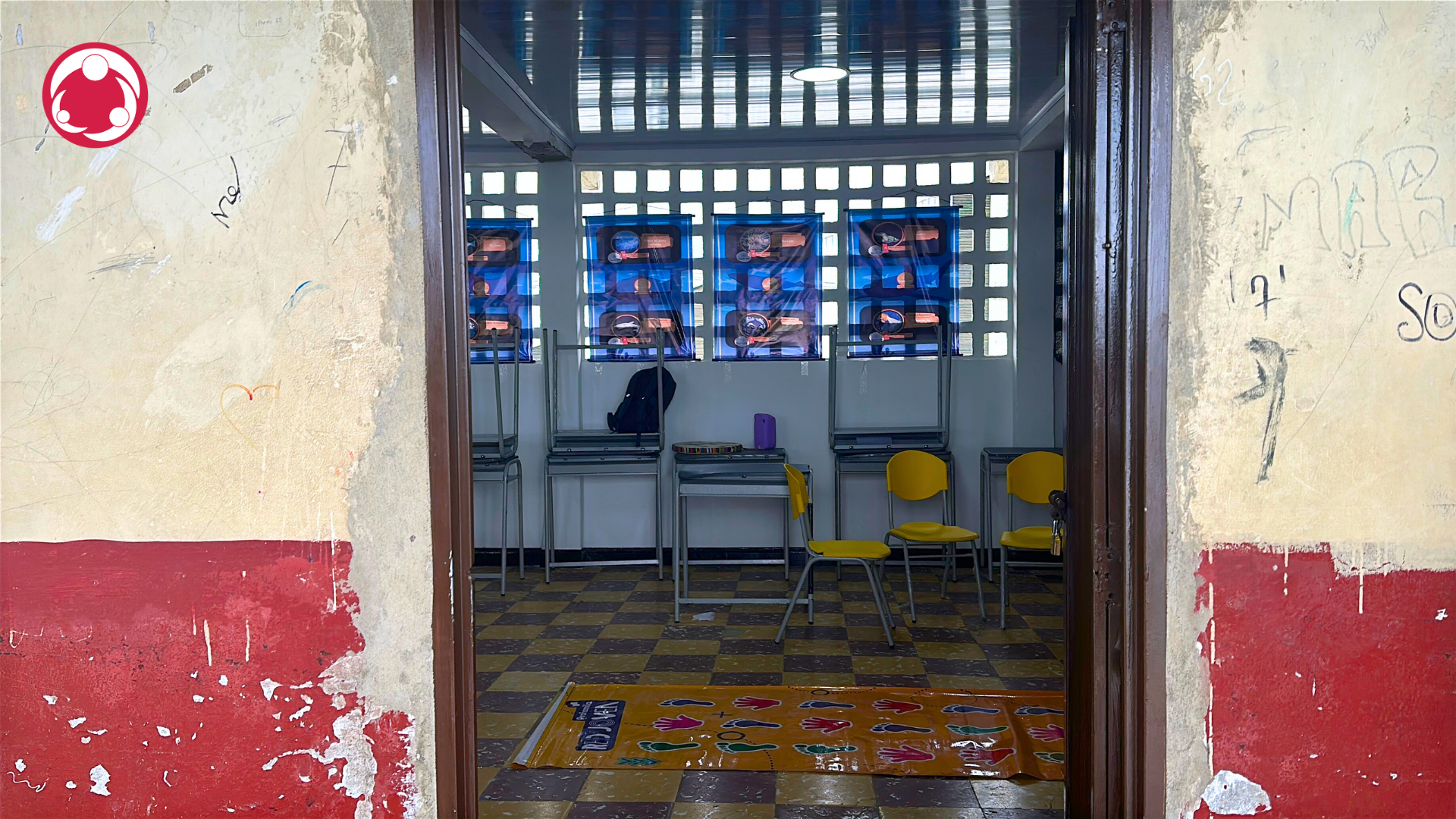
Guapi Leaders and Profamilia Promote Health and Wellness Along the River
In Guapi, Profamilia works hand in hand with local leaders, midwives, and caregivers to strengthen both sexual and reproductive health and rights (SRHR) and mental health.
During our visit, we attended an after-school workshop led by Profamilia’s nationwide program, Red Joven (Youth Network), which empowers adolescents with knowledge and skills to make informed decisions about their bodies, relationships, and futures. Through interactive activities, role-playing, and open discussions, Guapi teenagers learned about contraception, healthy relationships, and self-care—turning SRHR education into a normal, engaging part of everyday life.
Red Joven distributed reading materials emphasizing that “it is normal to have questions about your body and sexuality”—and that no question is off limits. Teens were encouraged to ask about everything from contraception and masturbation to sexual orientation, reinforcing the importance of safe, judgment-free dialogue.
“The river is mother and the way. It gives us food, comfort, and wisdom.”
We also met with Guapi’s Mayor, Gil Milena Grueso Romero, who spotlighted the town’s Mental Health for Your Community initiative. Developed with Profamilia and local leaders, this program highlights the central role of women leaders, caregivers, and healers, emphasizing that mental health is collective and culturally rooted. More than 100 rural leaders along the Guajuí, San Francisco, and Napi rivers have participated in workshops on self-care, gender-based violence prevention, and psychological support as part of this program.
One of the program’s most impactful learning tools is the “River of Parenting,” a metaphor to reflect on cycles of violence within families and communities. Collectively created by Afro-descendant leaders from Guapi’s urban and rural areas, the tool teaches that care and respect can carry children to “calm waters” that nourish them, while violence pushes them into turbulent streams.
The resource has been adapted into brochures, posters, presentation slides, and videos for use in meeting places, schools, and homes. It reads in part:
“In its calm waters, we learn to care with love, but when it stirs or overflows, it can also hurt and drag us away.”
“Raising children is like navigating that river; sometimes it flows calmly, other times it becomes turbulent.
That is why we do not raise children alone. We need community, words, songs, and helping hands. Because we are all guardians of the river that nurtures and guides.”
For Guapireñxs, the river is both a literal and symbolic guide: understanding its rhythms helps communities navigate rough waters in their own lives—from conflict and displacement to nurturing the next generation.
Midwifery as Cultural Resistance
Another key insight from Guapi lies in the role of midwives and traditional healers. At a local Guapi school, we gathered with midwives and community members in a large circle to hear how knowledge about pregnancy, childbirth, self-care, and women’s health has been passed down through generations and is still vital today.
We joined an energetic exercise, much like a drum circle, where each person took a turn sharing an example of how they care for themselves—whether by reading, getting enough sleep, or staying on top of their health with regular doctor visits—all while everyone clapped, drummed, and sang along in unison.
FPNN Journalist Emmanuel Rivas spoke in-depth with Marcelina Solís, a midwife with over 46 years of experience who embodies this living tradition of care.
“I learned everything I know from my mother,” Marcelina says. “I still continue to care for pregnant women, and my granddaughter wants to learn too.”
As Emmanuel put it, “for women in Guapi, midwifery is not merely a profession—it is a legacy.” Midwives provide both physical support and emotional guidance, preparing medicinal drinks, performing rituals to strengthen body and spirit, and ensuring that expectant mothers receive care when complications arise.
In a town where access to health services is limited and the river is often the only route to the outside world, midwives and health services from partners like Profamilia are essential. They help prevent early pregnancies, detect illnesses like HPV, and provide culturally grounded care that blends ancestral knowledge with modern medicine.

Lessons for the Global SRHR Community
For SRHR professionals around the world, Guapi reminds us:
- Culture strengthens care, and ancestral knowledge enriches health systems.
- Safe spaces for young people normalize questions about sexuality and health, making these conversations more comfortable.
- Shared responsibility for community well-being strengthens both mental and physical health.
From midwives who blend traditional and medical knowledge, to teenagers learning about contraception through playful exercises, to communities collectively prioritizing mental health, Guapi offers a model for integrating cultural identity, resilience, and health.
The town reminds us that caring for women—and the rest of the community at large—is not only about providing services but also about honoring traditions, fostering joy, and celebrating life. Join in conversations on important work like this at ICFP 2025 this 1–6 November.
Voices on Social Media
Explore social media posts from this FPNN Colombia Reporting Trip stop below ⬇
From Guapi with Love
See snapshots from our time in Guapi where community members shared their stories with FPNN journalists ⬇




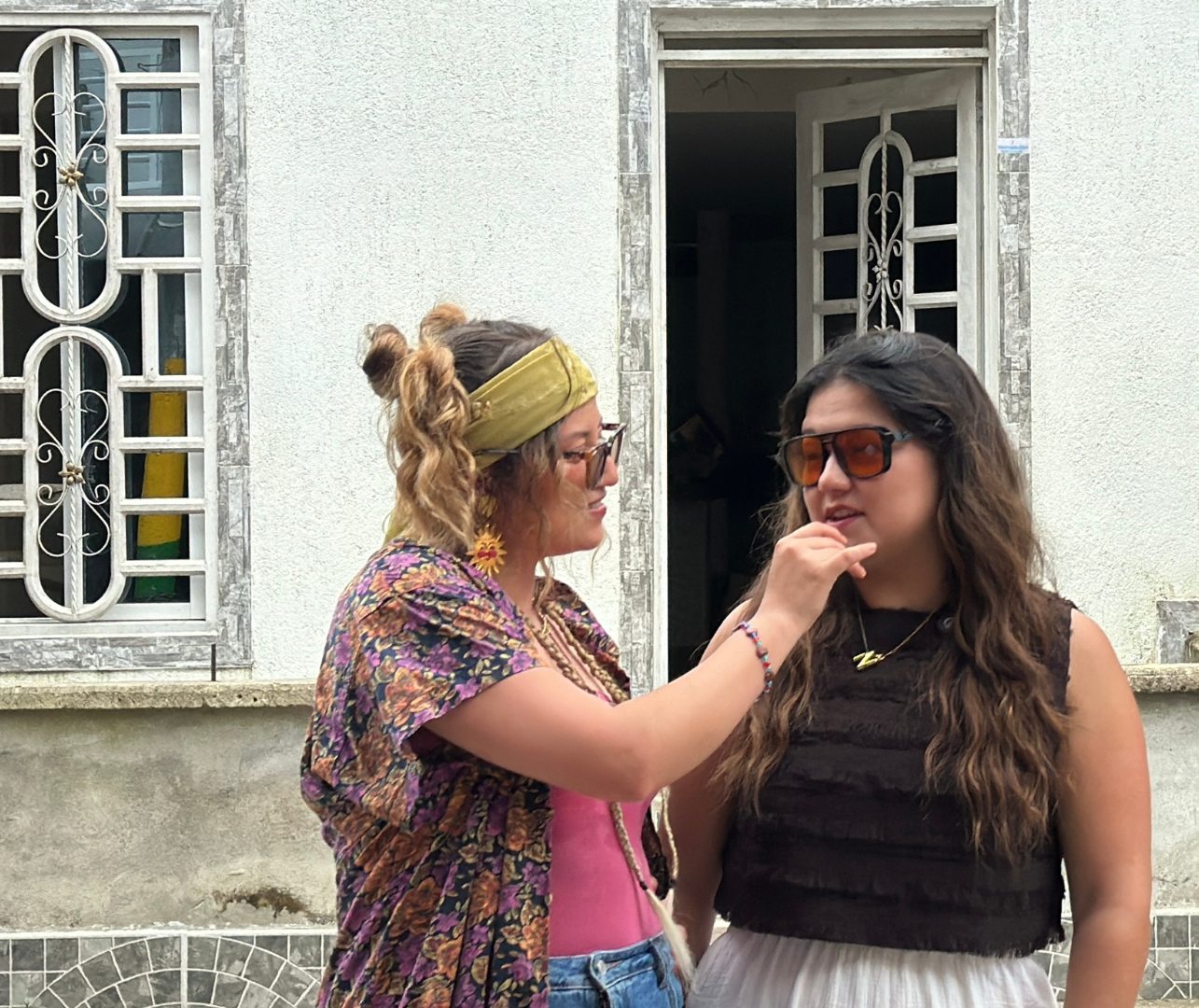
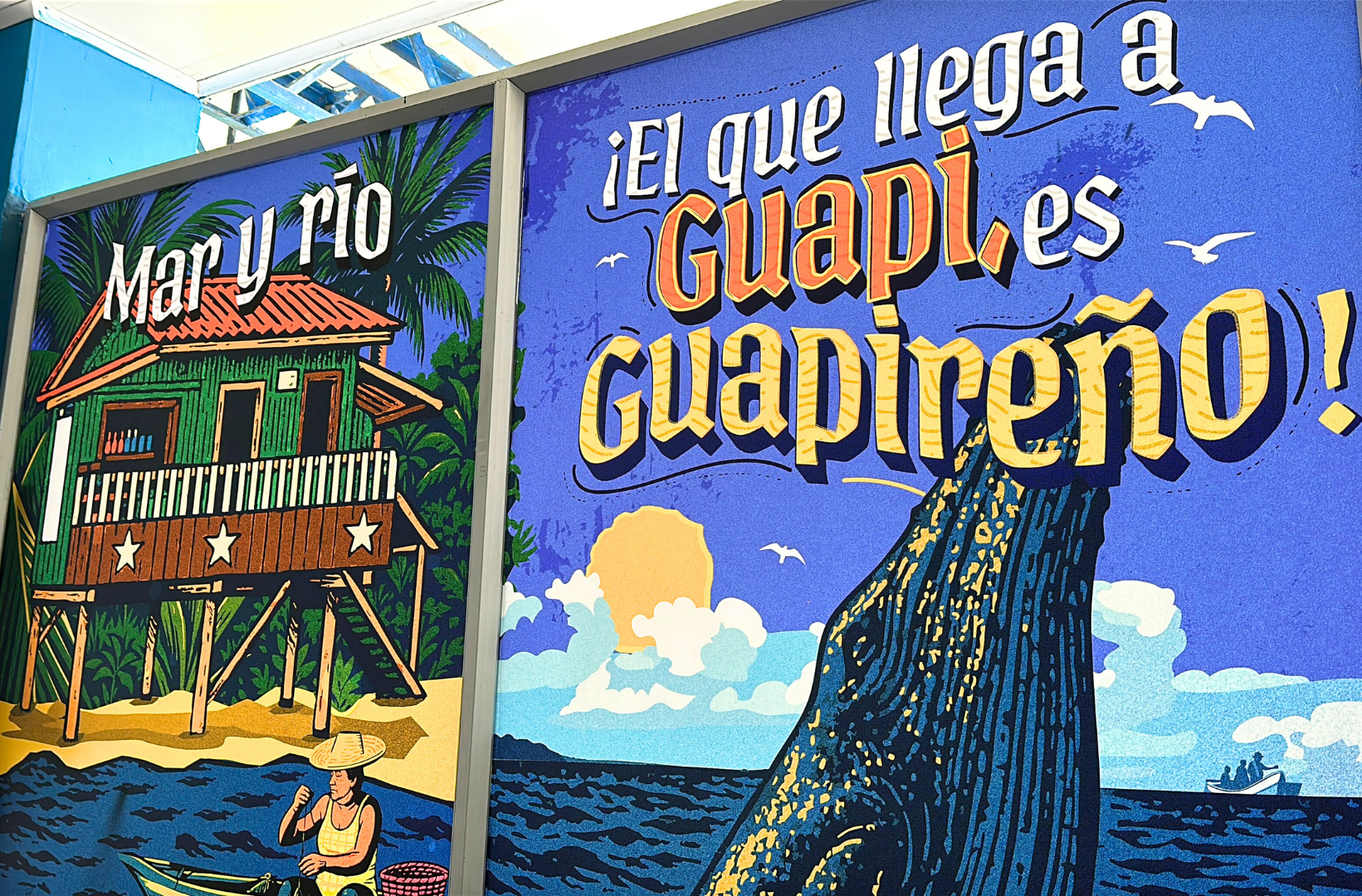


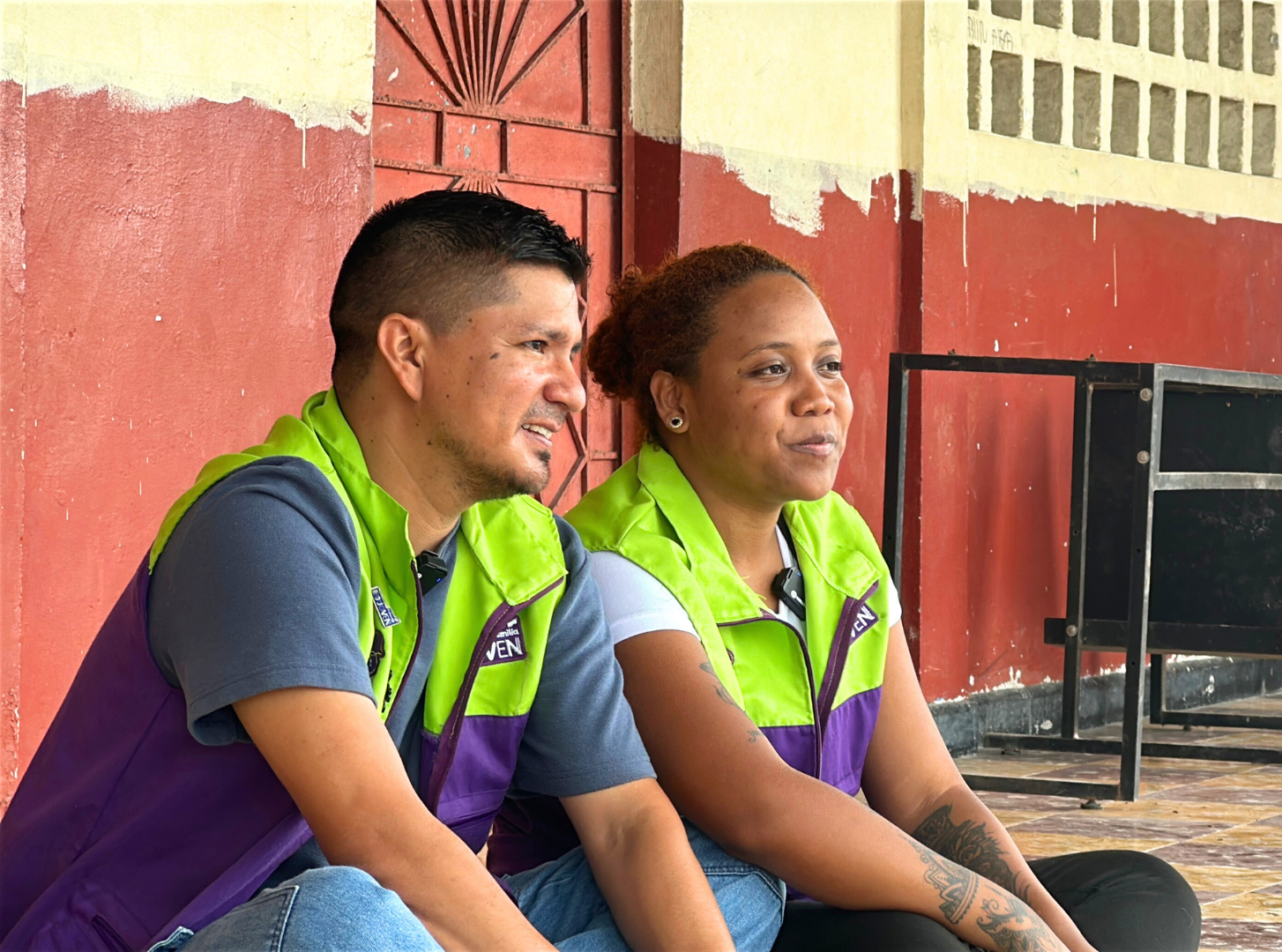






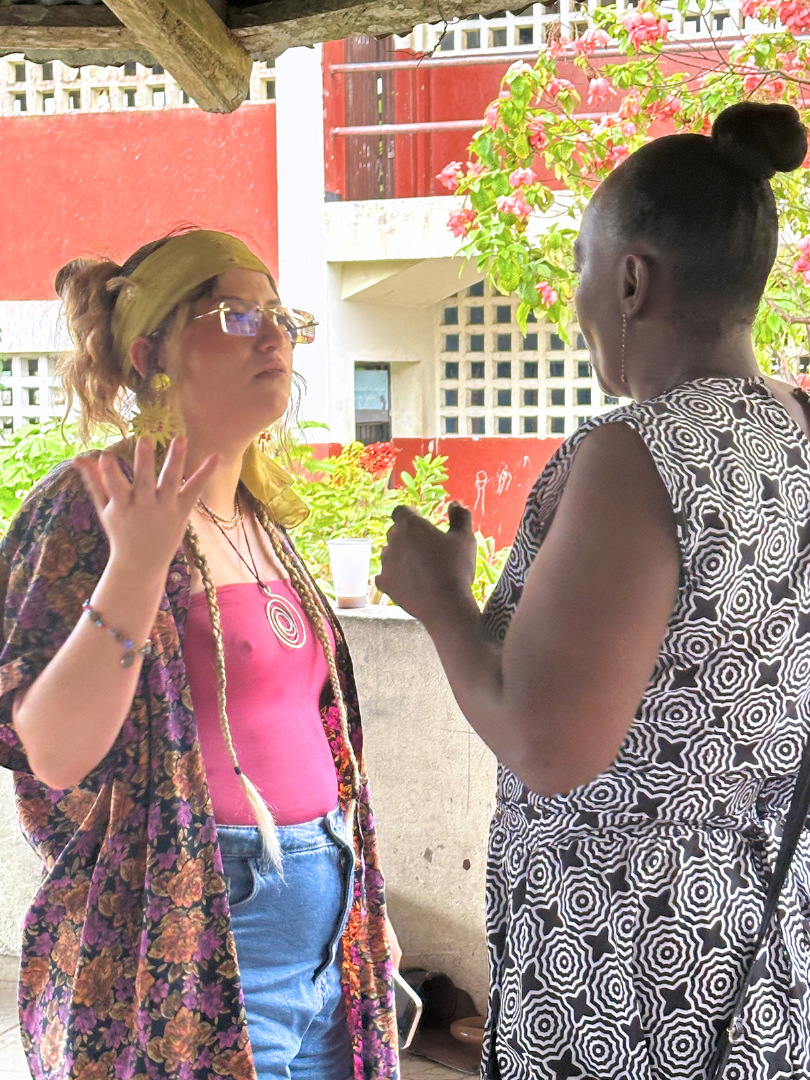
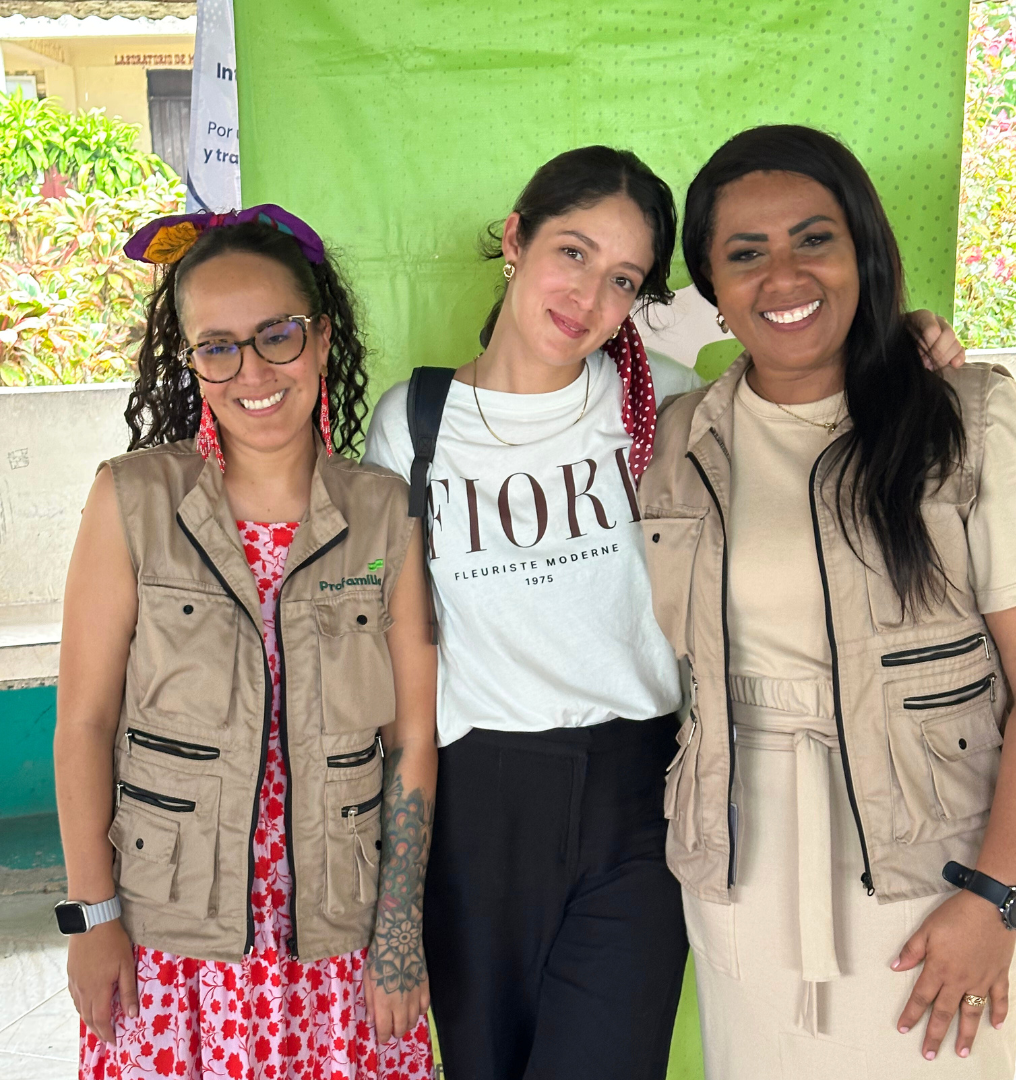

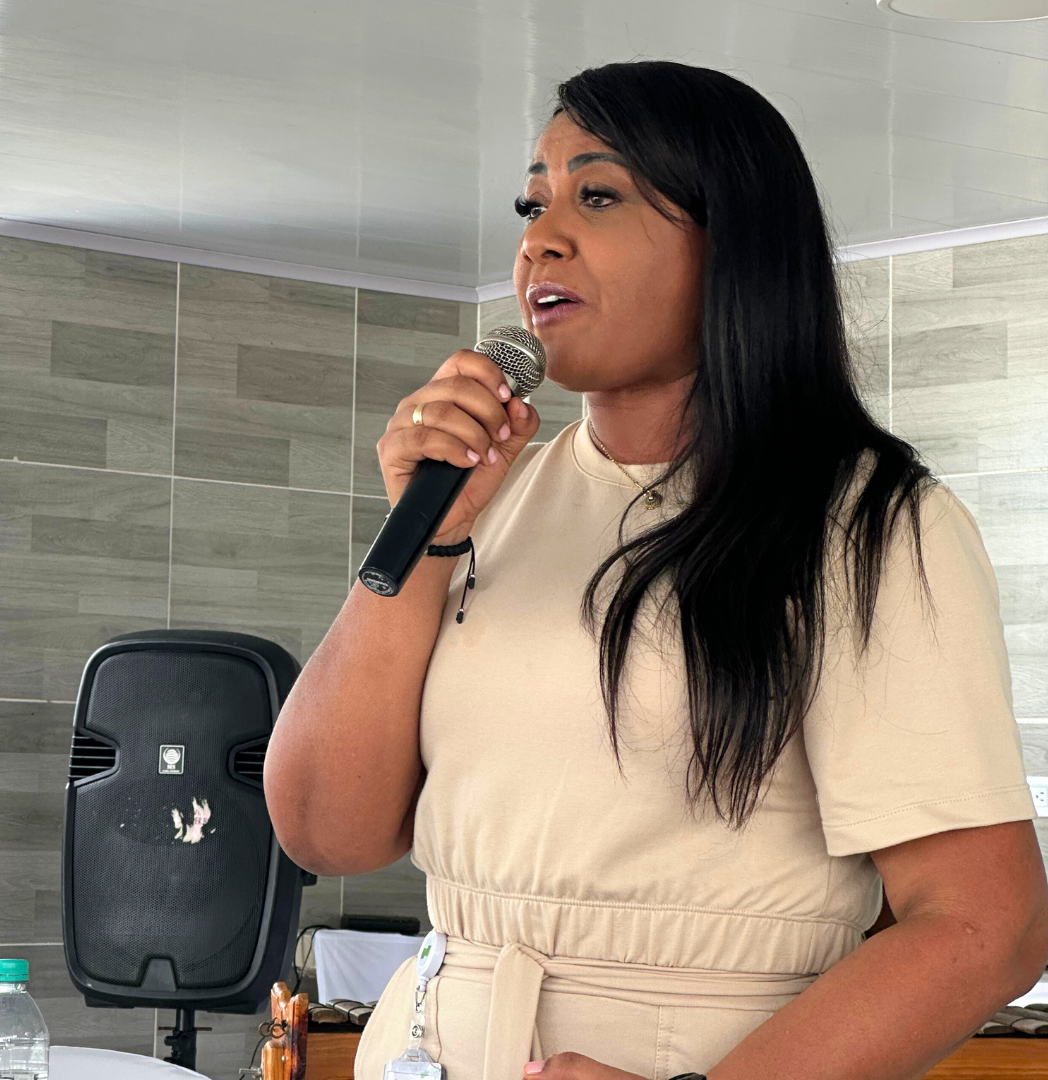

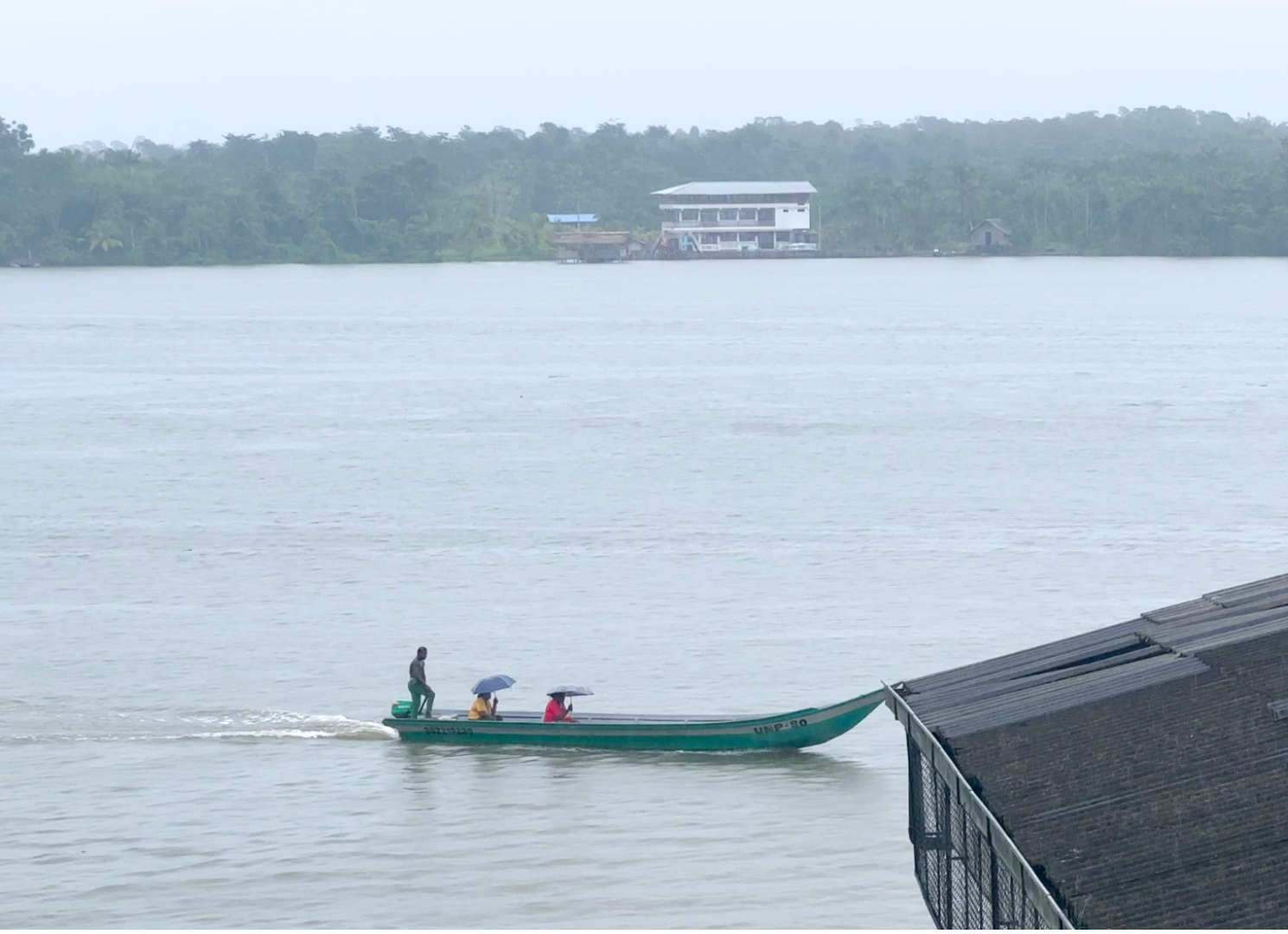

Stories from the FPNN journalists →
Guapi, Colombia: A Land of Ancestral Knowledge, Mental Health, and Collective Care
By Emmanuel Rivas
“In Guapi, where the marimba accompanies births and farewells, a group of women—midwives, healers, leaders, and caregivers—sustain the emotional fabric.”
Voices That Unite: A Journey Through Family Planning in Colombia
By Laura Gutiérrez
“In their hands, midwifery is a cultural resistance, a way to ensure autonomy, tradition, and a feminist politics of care.”
Related Resources →
#ICFP2025 is Here
ICFP is for Everyone. There’s still time to register for this year’s conference happening 1–6 November in Bogotá, Colombia! Make connections, find solutions, and join the global SRHR conversation at ICFP.
Can’t make it in person? No problem. You can register to attend ICFP 2025 in person or virtually—and don’t miss ICFP LIVE, our completely free content open to all!
FPNN Amplifies Solutions
The Family Planning News Network (FPNN) is a global platform connecting journalists and communities to share local stories and solutions in SRHR—driving dialogue, understanding, and action.
Want to get involved? FPNN is looking for partners to help expand this work. You can also join the network as a community reporter today!
